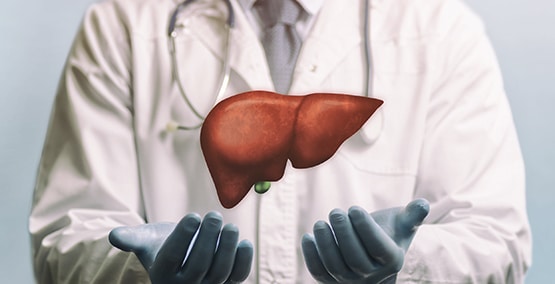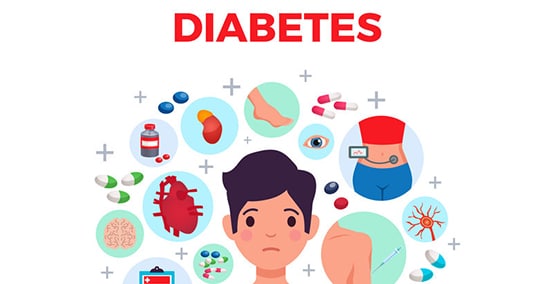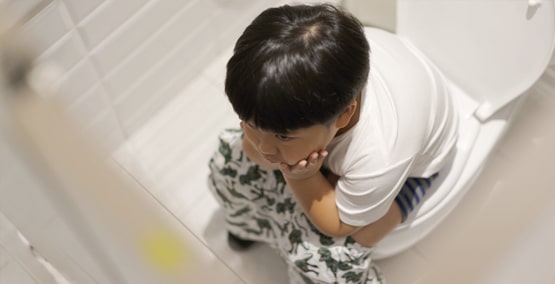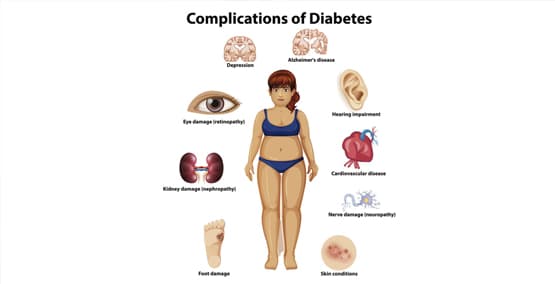
Early testing for cystic fibrosis
Newborn screening for CF is now performed in every state in the US. The test is done during the first 2 to 3 days after birth, usually in the hospital. The test requires a small drop of blood from the baby's heel to measure immunoreactive trypsinogen (IRT) levels. IRT levels can be high in babies with cystic fibrosis, premature babies and babies who have gone through a stressful delivery.
If the IRT is high in a premature baby, a repeat IRT level is usually done before any further testing. Because the IRT test is not totally reliable, any infant with symptoms of CF should have a sweat test and possibly gene testing.
Sweat Test
The sweat chloride test is the best test for cystic fibrosis in children and adults. It is inexpensive, easy, painless and accurate. A pad collects the sweat on a person's skin and measures the amount of salt. The salt content in sweat is much higher in someone with CF. The normal values are 20 or less, but those with CF usually have levels of 50 or higher. Once the sweat test has come back with a high result , gene testing may be performed.

Gene Test
Abnormal genes cause CF. Gene tests can identify the actual problem (gene mutation) about 90 percent of the time. The test can be done with a blood sample or even cells brushed from the inside of the cheeks of the babys mouth. This is known as a buccal smear.
Although there are more than 1500 CF gene mutations that can cause the condition, about half of those with CF have two of the most common ones, the F508del mutation. Others have one F508del mutation and one of the other CF gene mutations.
This is important because the gene mutation you or your child has can determine how severe the disease is. Also, some treatments only work for individuals with certain gene mutations.




